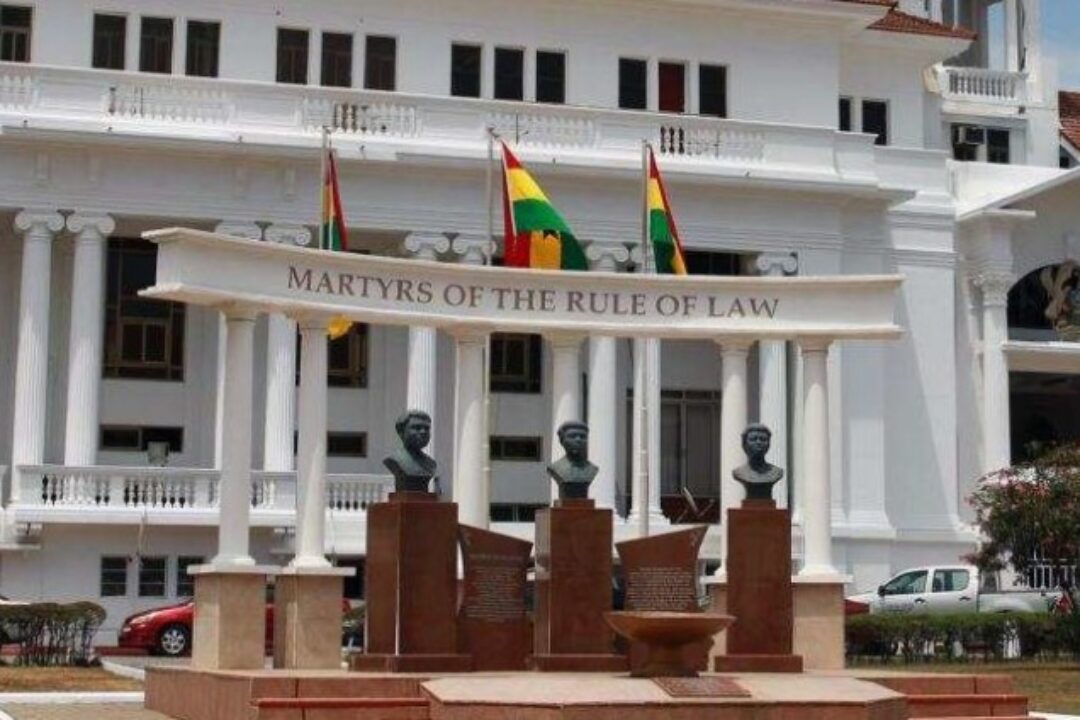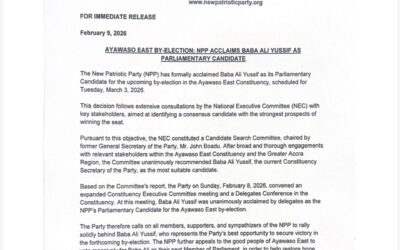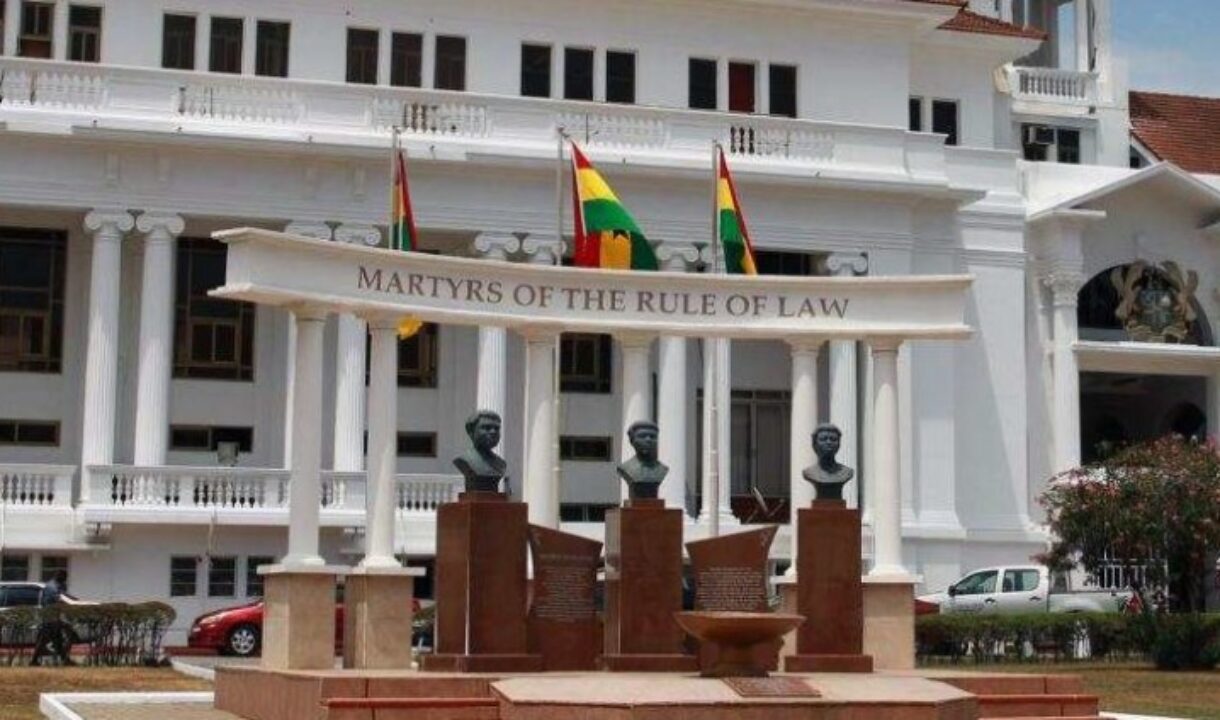A seven-member panel of the Supreme Court, led by Justice Lovelace Avril Johnson, has unanimously dismissed a petition filed by broadcast journalist and lawyer Richard Dela Sky, challenging the constitutionality of the Human Sexual Rights and Family Values Bill.
Mr Sky had sought a declaration that the bill, which has sparked intense national debate, was null and void.
However, the court rejected his petition, upholding the constitutionality of the legislative process for the proposed anti-LGBTQI legislation.
The bill, which remains highly controversial, aims to criminalize activities associated with lesbian, gay, bisexual, transgender, queer, and intersex (LGBTQI) advocacy.


Should it pass into law, it would impose penalties on individuals who promote or fund LGBTQI-related activities, as well as on those who provide indirect support for such initiatives.
The bill has generated significant debate, with proponents arguing that it is crucial to protect Ghanaian cultural and family values, which they claim are under threat from foreign ideologies.
In contrast, critics, including human rights organizations, have condemned the bill as a violation of fundamental human rights, including the freedoms of expression, association, and equality under the law.
These groups argue that the bill would create an environment of discrimination and persecution, undermining the rights of the LGBTQI community in Ghana. The debate surrounding the bill has been a flashpoint in the broader discussion of human rights and cultural values in the country.

In addition to Sky’s petition, equality and inclusion advocate Amanda Odoi also filed a separate legal challenge.
Both Amanda Odoi and Richard Sky argue that Parliament had failed to meet the quorum requirements outlined in Articles 102 and 104 of the Constitution during the legislative process, which they claimed rendered the bill’s passage unconstitutional.
Their petitions sought to have the bill declared invalid on these grounds.
However, the Supreme Court dismissed both petitions, stating that the bill had not yet become law.
Justice Lovelace Johnson clarified that until a bill receives presidential assent, it does not constitute an enacted law, and therefore cannot be subject to judicial review of its constitutionality.
The court’s ruling emphasized that legislative processes cannot be challenged on constitutional grounds until they result in enforceable law. Source: Ernest K. Arhinful



















